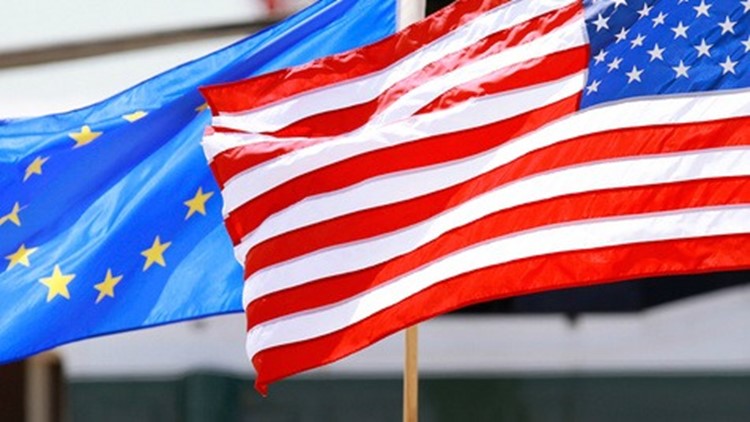On March 25, European Union leaders celebrate the 60th anniversary of their founding treaty, a central pillar of the structure set up in the aftermath of World War II to solidify peace, prosperity and partnership in Europe. ![]()
Over the last 60 years, the EU (and its predecessors) has served as an essential U.S. partner, for example by enhancing economic opportunity for U.S. companies in Europe and increasingly supplying vital foreign assistance and diplomatic support to help solve international problems. Indeed, if the EU did not already exist, the United States would be looking to invent something like it to help preserve peace and generate prosperity on a continent that suffered through two devastating world wars.
More recently, however, the EU has faced a variety of existential threats as the euro crisis rattled its members’ financial well-being, economic growth slowed, U.K. voters opted to leave the union and “eurosceptics” in countries like France and the Netherlands use criticism of Brussels to contest elections. And even in the U.S., some reacted to Brexit with cheers.
The bottom line – based on our many year of experience as diplomats, policymakers and researchers on transatlantic issues – is that the U.S. needs a strong economic and political partnership with Europe to advance its own economic well-being and address vexing international and regional issues. Such a partnership would be enormously more difficult to maintain without the EU’s single voice, something Washington would be wise to remember.



